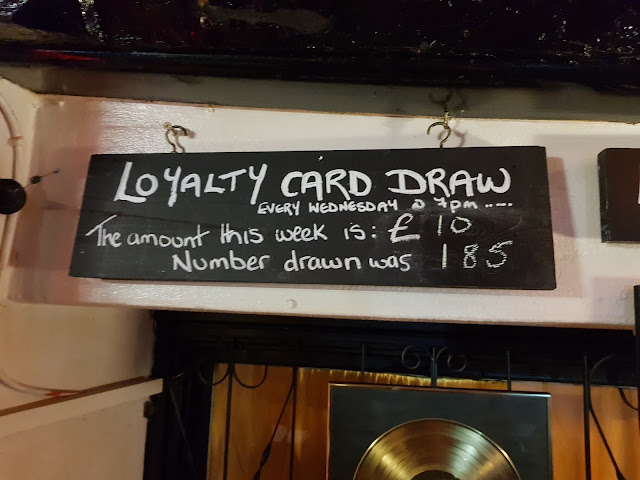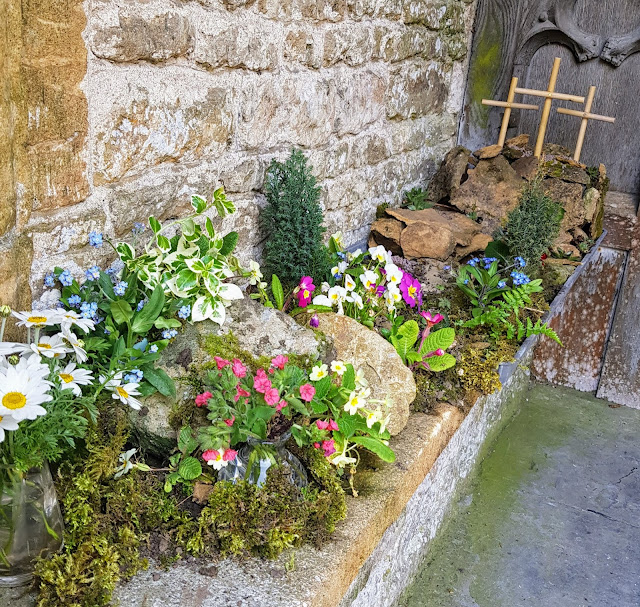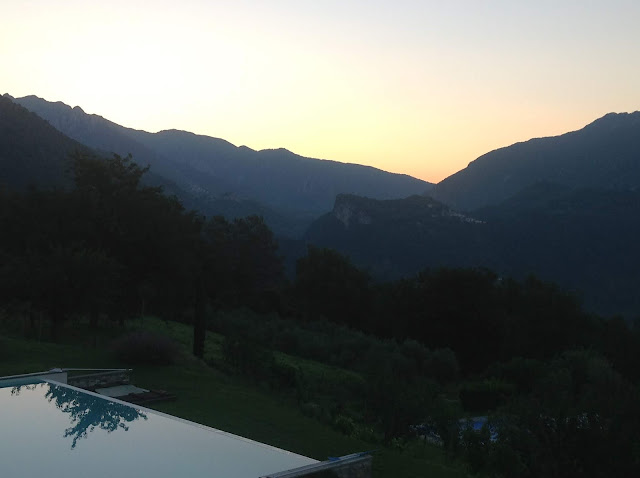Gather at the graveside

Blow a trumpet...gather the people (Joel 2:15-16) Who can attend a funeral? The Church of England guidelines (i.e. rules) are very clear. Only immediate family can attend at the graveside. It even lists what counts as immediate family as 'spouse or partner, parents and children, keeping their distance in the prescribed way'. This leaves me torn. It is vital to our own well-being that we are able to mourn. While I sense that a simple ceremony by the graveside is as much an opportunity to mourn as a full church service, it is only so for those who can attend. The rules shut out both grandparents and grandchildren from the ceremony, both of whom may have a very close relationship with the person we are honouring and mourning. It is clear though that a ruling that permitted any family member to attend would allow pretty large gatherings to occur. In the case of one side of my family, there could easily be 40 close relatives and that cannot be considered safe under the current re...





















